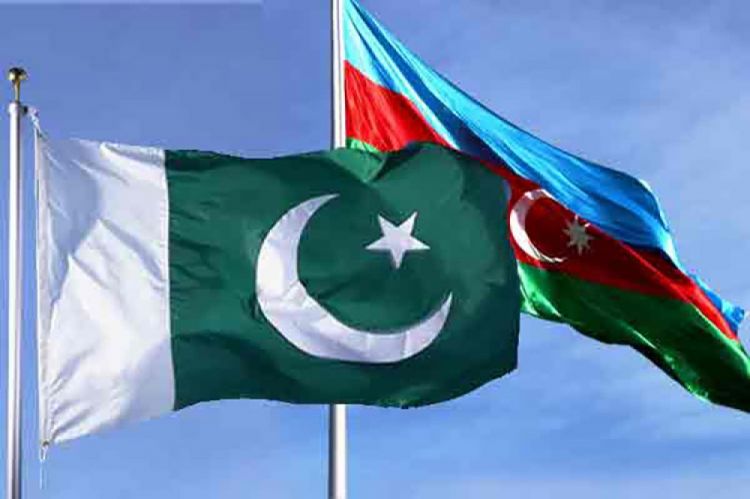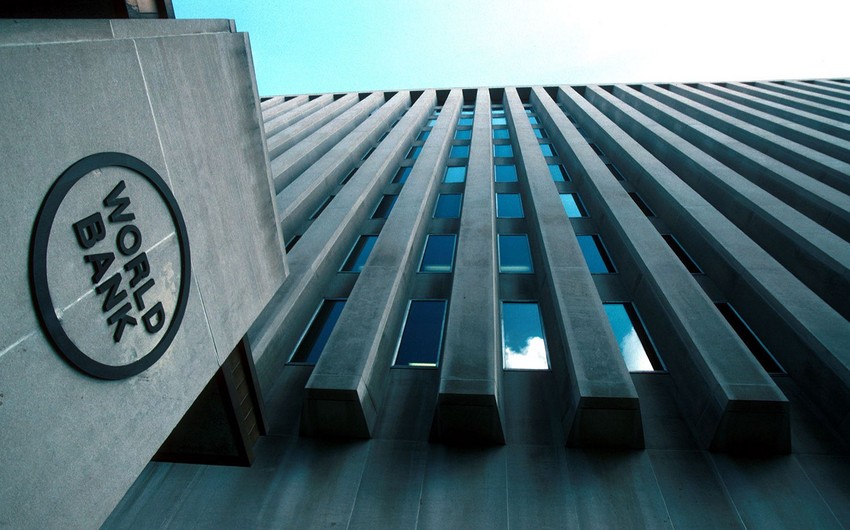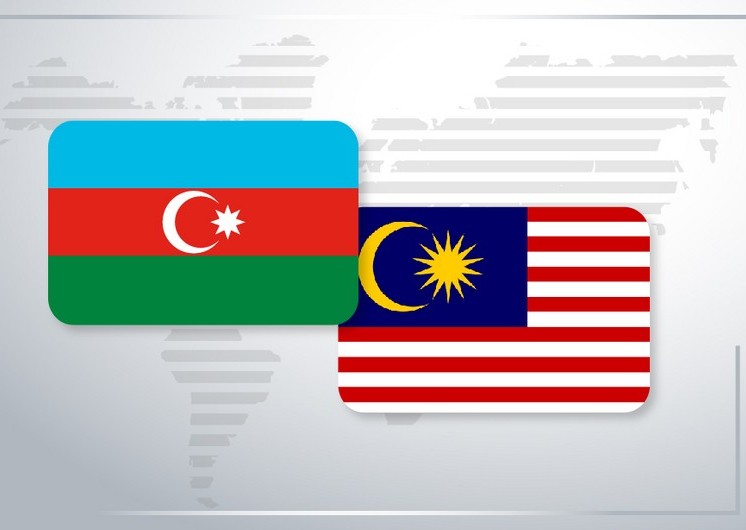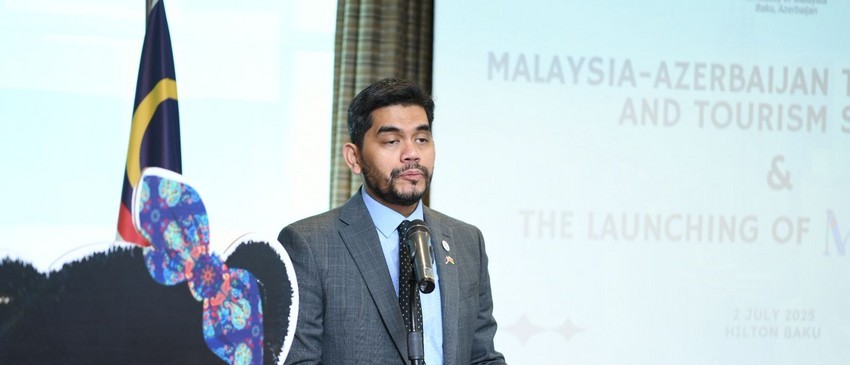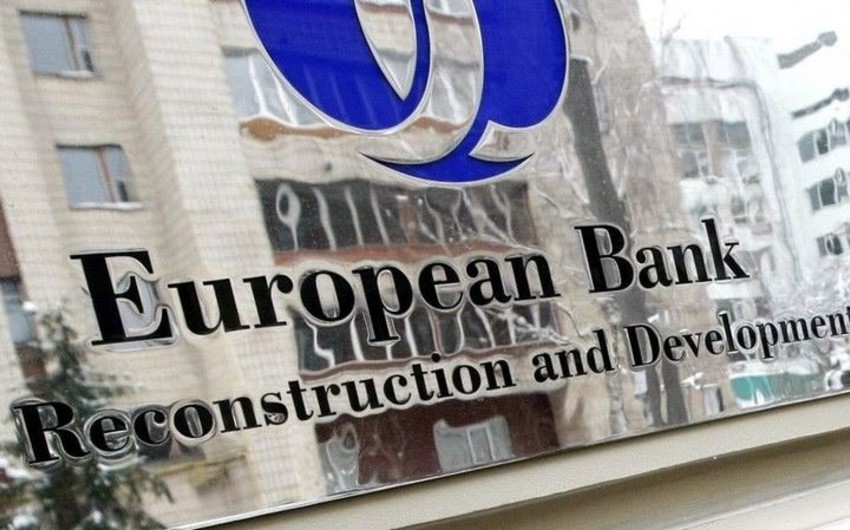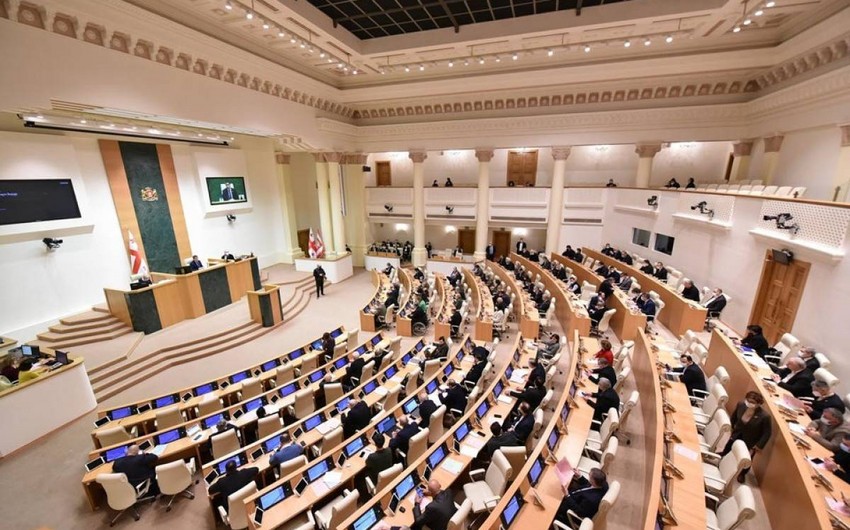The completion of thirty years Islamabad-Baku cordial ties started the state-level celebrations in Pakistan and Azerbaijan by arranging different seminars and photo exhibitions to recall the history of friendship and cooperation based on mutual trust and respectful understanding. While celebrating the completion of three decades of cooperation, both states' governments formally communicated their nations' intentions for deepening the bilateral ties in diverse areas. The official social media accounts of both states mentioned their high ambitions and strong determination to strengthen their existing levels of political coordination and diplomatic support for each other. The Ministry of Foreign Affairs of the Republic of Azerbaijan highlighted Baku’s plans for exploring the strategic dimensions of Azerbaijan’s bilateral collaboration with Pakistan. On a reciprocal basis, the government of Pakistan expressed its aim for deepening the bilateral cooperation with Azerbaijan by creating more avenues at social, political, and diplomatic levels with the belief that these avenues would enable the economy of both states to achieve expected great extents. The history of three decades of multidimensional cooperation between the governments of both states provided enough support and confidence to the two-sided formal state authorities to visualise the future of an extended collaboration in economic and strategic domains. Therefore, it can easily be maintained that the existing multifaceted partnership between Islamabad and Baku results from a collective history of the two states without witnessing any critical development at the governmental level coordination. The societies of both states also remained pleasant and friendly in their formal and informal interactions with the support of a common Islamic ideology and several shared cultural values. The societal interconnectedness between Azerbaijani and Pakistani people has always remained a vital dimension of state-level collaboration between the governments of both states, mainly in the economic and strategic dimensions. To estimate the strength of their future cooperation, it is essential to overview the history of Pakistan-Azerbaijan cooperative bilateralism, which evolved over the last three decades. These three decades witnessed various milestones between the governments of both states and facilitated their respective societies in developing common grounds of social and economic collaborations.
The initial phase of bilateral cooperation between Baku and Islamabad started in December 1991 when the government of Pakistan recognised the independence of Azerbaijan and laid the foundations of formal diplomatic ties with Azerbaijan in the same year. The persistency in the growth of political coordination and diplomatic cooperation between two-sided mainstream political authorities let their respective governments establish embassies in Baku and Islamabad to formalise their bilateral ties further. In this way, the role of diplomatic communities from both sides was activated by the governments of both states with the objective of designing their cooperative bilateralism on positive and productive lines. In the discussion on diplomatic relations, the role of the Azerbaijani diplomatic mission cannot be ignored, which has made Baku’s political engagement with Islamabad dynamic and multifaceted. The persistent growth in reciprocal visits of two-sided state officials allowed their respective governments to realise the pressures of their regional politics and decided to support each other on the territorial issues of Karabagh and Kashmir. The status of Karabagh has been changed in favour of Azerbaijan, whereas the Kashmir conflict is still a serious challenge for Pakistan. The government of Pakistan declared its support to Azerbaijan on the former Karabagh conflict and officially condemned Armenia’s aggressive policies against its neighbouring Muslim state Azerbaijan. Regarding the aggressive stance of Armenia on the former Karabagh issue, Islamabad also raised its voice at various national and international forums about the massive human rights violations committed by Armina against the Karabagh region of Azerbaijan. The tragedy of the twentieth century, the Khojaly genocide, was an extreme act of violence committed by Armenian forces in the city of Khojaly, located in Karabagh. The government of Pakistan always supported the Azerbaijani voices against the biggest Armenian crime against humanity and consistently arranged different events and awareness campaigns across the country to aware the local people about the issue of the Khojaly genocide. These national-level efforts are a part of broader Pakistan’s campaign for protecting the Muslim population and their sufferings in different parts of the world.
In response to Islamabad’s support to Baku against the territorial aggression of Armenia, the Azerbaijani Ministry of Foreign Affairs supported Pakistan on the Kashmir issue and always supported the idea of a peaceful resolution of the Kashmir conflict between New Delhi and Islamabad. The Azerbaijani state officials have also preferred to raise their voices on the Kashmir issue while exploring the potential of multilateral platforms of the international community. The pursuit of supporting Islamabad’s stance on the Kashmir issue has led the mainstream leadership of Azerbaijan to join the Contact Group of the Organization of Islamic Countries (OIC) and start attending multilateral meetings on this platform on the issue of Kashmir. This forum of OIC has augmented the shared vision of both states for supporting the peaceful resolution of the Kashmir conflict, parallel to preventing the massive human rights violations of the Muslim population living in the Indian Illegally Occupied Jammu and Kashmir (IIOJK). Baku’s commitment to supporting Islamabad in its territorial conflict with India convinced the formal political authorities of both states to structure their strategic collaboration for the extension of bilateral ties between their governments beyond the traditional frameworks of cooperation. Thus, the foundations of strategic collaboration revolutionised between Islamabad and Baku with the emergence of trilateral cooperation of Pakistan-Azerbaijan-Turkey in 2021 under the broader framework of a joint international military exercise, “Three Brothers-2021”. Along with Turkey, Pakistan's cooperation supported Azerbaijan's position in the war against Armenia and appreciated Baku’s victory in its decisive war against Armenian aggression. Apart from joining hands in the trilateral military exercise, the governments of Pakistan and Azerbaijan have explored various other avenues of bilateral collaboration in the social, cultural, and humanitarian domains. The humanitarian dimension of bilateral connections has proved that the leaders of both nations are agreed to stand with each other in difficult situations. The humanitarian collaboration between Baku and Islamabad proved that the mainstream leadership of both states are highly motivated to support each other in hard times and challenging situations.
The most vital dimension of Islamabad-Baku cooperation is the economic domain in which the two-sided state authorities are well-connected with each other in the quest to create different joint ventures in business and trade. The growing two-sided connections of business communities have already discovered different business and trading opportunities and multiplied the cooperative interactions between the Pakistani and Azerbaijani governments in different fields. The increasing growth of tourism between Pakistani and Azerbaijani societies is the prime factor supporting the growing rate of various economic activities between both nations. Therefore, a glimpse of cooperative ties between Baku and Islamabad validated the fact that the governments of Pakistan and Azerbaijan are in a position to achieve their plans while celebrating the 30th anniversary of multidimensional relations. The growth of multileveled developments on both sides has proved that the leading political authorities from Islamabad and Baku are strong-minded in securing the future of their extended cooperation in various fields, which will benefit both states in their respective regions.


